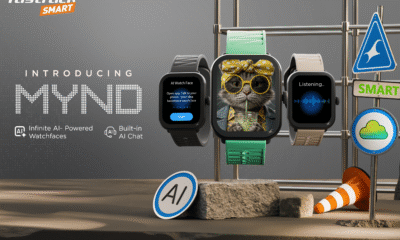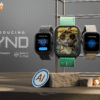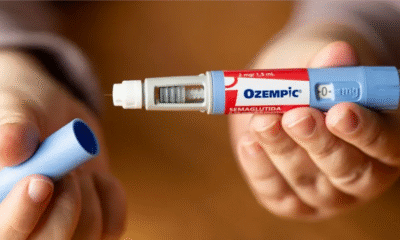EdTech
uFaber formally launches ‘Real School’ to help today’s children prepare for careers in 2040
uFaber, India’s leading bootstrapped and profitable Edtech start-up offering hyper-Personalized learning solutions for those aged 7 to adults, today formally announced its new offering ‘Real School’ focussing on K-12 segment. Real School’s is for those who are aged anywhere between 5 to 15 years. The well designed new courses and masterclasses personally delivered by expert trainers, expands the options available before today’s parents to get their children better equipped for careers of the future.
The subjects available range from drone robotics, mobile app development, phonics & early reading, advanced fluency & social communication, IoT, Raspberry Pi, Creative Arts to space exploration. Duration of these courses vary from 2.5 months to 15 months. Pricing starts at Rs. 12,425 going upto Rs. 85,750 depending on the topic and course duration. uFaber also is offering 500+ masterclasses which can be booked per class basis at just Rs.199 per class.
Also read: Rooftop solar firm Mysun secures Rs 15 cr from Tata Cleantech Capital
Commenting on Real School, Rohit Jain, Co-Founder & CEO, uFaber, said, “We are really excited in helping today’s children ready themselves for careers of the future without being constrained by their current curriculum. It has no overlap with what schools do as the focus is beyond the classroom.” “The offering is a boon for non-international schools who cannot compete with the international schools on specialized subjects. Now all they need to do is to bundle “Real School” over and above their curriculum. It’s a win-win for all the parties involved,” he further added.
Anirudh Swarnkar, Co-Founder, uFaber, added, “We always wanted to build an online education platform that is unfettered by business model, market swings and revenues. What we launched today is a result of multiple man-years of internal R&D our internal team led by Niraj Taksande and a group of Master trainers kept tuning the offering based on initial learner feedback.”








































